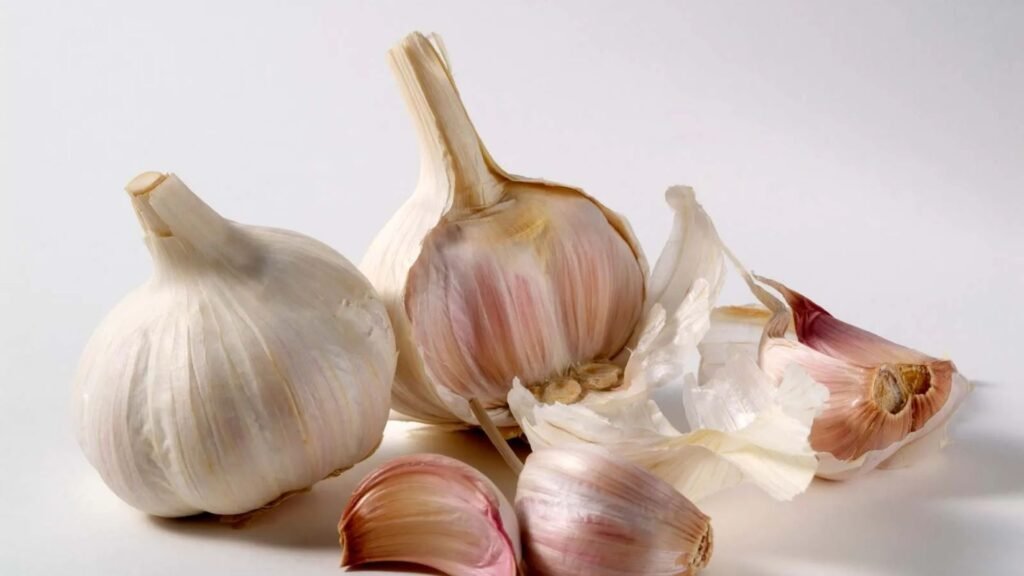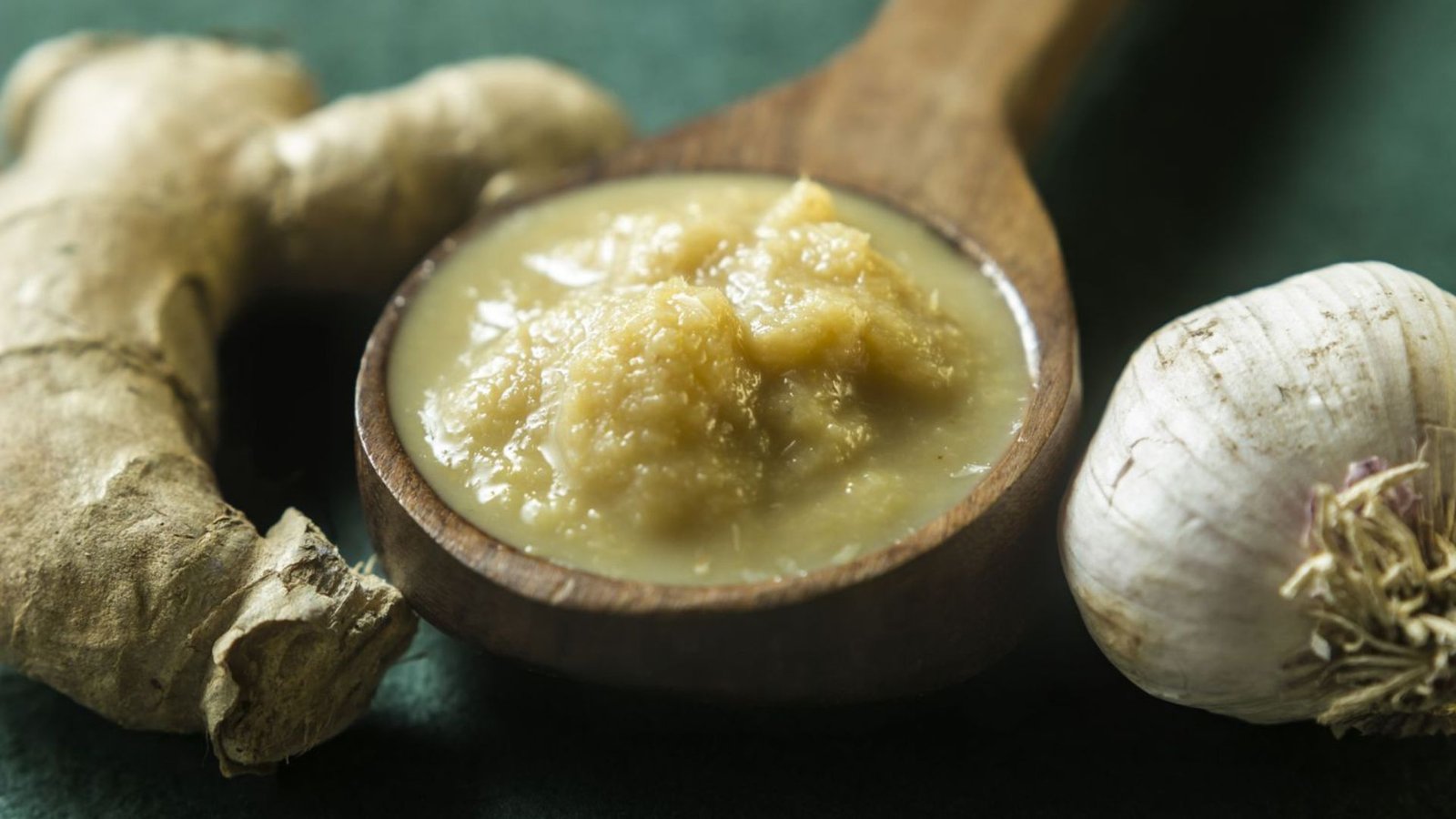Garlic as Nature’s Antibiotic
- By -Maria Joseph
- Posted on
- Posted in Medicinal Plants
Garlic (Allium sativum) has earned its place in both the kitchen and the medicine cabinet, thanks to its broad range of medicinal properties. Known for its distinctive flavor and aroma, garlic has been used for centuries in traditional medicine to treat a variety of ailments. One of its most remarkable attributes is its natural antibiotic effect. Garlic’s potent antibacterial, antiviral, and antifungal properties make it a powerful tool in fighting infections and boosting overall health. In this article, we’ll explore how garlic works as a natural antibiotic, its health benefits, and how you can incorporate this remarkable herb into your wellness routine.

The Science Behind Garlic’s Antibiotic Properties
Garlic’s medicinal power comes from its bioactive compounds, particularly allicin, which is produced when garlic is crushed or chopped. Allicin has shown strong antimicrobial activity, making garlic effective in combating a wide variety of pathogens, including bacteria, viruses, fungi, and parasites. In addition to allicin, garlic contains other beneficial compounds such as diallyl sulfides and ajoene, which contribute to its antibiotic, anti-inflammatory, and immune-boosting effects.
Studies have demonstrated that garlic can inhibit the growth of harmful microorganisms by disrupting their cellular processes. It’s even been shown to be effective against antibiotic-resistant strains of bacteria, making it a valuable option in the fight against superbugs.
Garlic as an Antibacterial Agent
Fighting Bacterial Infections
Garlic’s primary claim to fame as a natural antibiotic comes from its ability to fight bacterial infections. It’s been shown to be effective against a variety of bacterial pathogens, including both gram-positive and gram-negative bacteria.
- Staphylococcus aureus: Garlic has been shown to be particularly effective against Staphylococcus aureus, a common cause of skin infections, food poisoning, and respiratory issues. Allicin inhibits the growth of this bacteria, potentially helping to clear up infections.
- Escherichia coli (E. coli): Garlic’s antimicrobial properties also extend to E. coli, a bacteria responsible for causing urinary tract infections (UTIs), food poisoning, and gastrointestinal illnesses.
- Helicobacter pylori: Garlic has been used as a natural remedy for stomach ulcers caused by H. pylori, a bacteria that thrives in the acidic environment of the stomach.
The antibiotic effects of garlic can also be beneficial in treating infections that may not respond well to conventional antibiotics, especially when dealing with antibiotic-resistant bacteria.
Combating Antibiotic Resistance
One of the biggest concerns in modern medicine is the growing problem of antibiotic-resistant bacteria. Overuse of antibiotics has led to the rise of “superbugs” that no longer respond to standard treatments. Garlic has shown promise in combating these resistant strains due to its natural ability to inhibit bacterial growth and disrupt microbial cell function. Some studies suggest that garlic could even enhance the effectiveness of conventional antibiotics when used together.
Garlic as an Antiviral Agent
In addition to its antibacterial properties, garlic is also known for its antiviral activity. It has been traditionally used to fight common viruses, such as the cold and flu, and offers a natural way to support the immune system during viral infections.
- Cold and Flu: Garlic’s antiviral properties help reduce the severity and duration of the common cold and flu. It can help kill the viruses that cause these infections while also strengthening the immune system’s response.
- Herpes Simplex Virus (HSV): Some research suggests that garlic may help reduce the symptoms of herpes simplex virus, which causes cold sores. The antiviral effects of garlic can help prevent the spread of the virus and reduce outbreaks.
- Influenza and Respiratory Infections: Garlic’s ability to fight respiratory viruses makes it a go-to natural remedy for conditions like bronchitis, the flu, and pneumonia. It can help reduce the severity of symptoms and accelerate recovery.
Garlic boosts the body’s immune response by stimulating the production of white blood cells, which are essential for fighting viral infections.
Conclusion
Garlic truly deserves its title as Nature’s Antibiotic due to its powerful antibacterial, antiviral, antifungal, and immune-boosting properties. Whether used to fight infections, boost immunity, or improve cardiovascular health, garlic offers a wide range of therapeutic benefits. Incorporating garlic into your diet or wellness routine can help support your body’s natural defenses, reduce the risk of infections, and improve overall health.



